"Capote": About Journalism
The Chicago Tribune's Julia Keller has an interesting take on Capote, the excellent -- and I do mean excellent -- film chronicling Truman Capote's writing of In Cold Blood, his "non-fiction novel" that proved to be a journalistic milestone:
"... Capote wormed his way into the lives of the people of Holcomb, Kan., to get the goods for his book. But what a book: In Cold Blood is brilliant. It's a unique evocation of a place, a time and a crime that -- thanks to Capote's skill -- still vibrates with terrifying intensity. It's history, it's literature, and had Capote not 'exploited' people -- had he stayed in New York with his pals and his pajamas and his cocktail shakers -- we wouldn't have In Cold Blood.
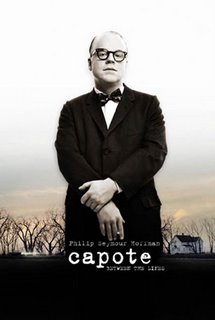 "Capote makes the delicate transaction between subject and author, the emotional and psychological balancing act thereof, exceptionally clear. Capote longs for the killers to be executed so that he can finish his book; this seems monstrously self-centered until you realize how very fine the book turned out to be, and how its characters -- the Clutter family, who died at the hands of two-bit killers -- now will live forever. A fairly routine crime is transformed into a permanent symbol of accidental evil -- accidental because the Clutters' executioners were looking for easy money, not blood. The murders came from panic, hastiness and poor planning, a fact that surely provided exactly zero consolation to the Clutters' friends and loved ones.
"Capote makes the delicate transaction between subject and author, the emotional and psychological balancing act thereof, exceptionally clear. Capote longs for the killers to be executed so that he can finish his book; this seems monstrously self-centered until you realize how very fine the book turned out to be, and how its characters -- the Clutter family, who died at the hands of two-bit killers -- now will live forever. A fairly routine crime is transformed into a permanent symbol of accidental evil -- accidental because the Clutters' executioners were looking for easy money, not blood. The murders came from panic, hastiness and poor planning, a fact that surely provided exactly zero consolation to the Clutters' friends and loved ones. "And yet, had Capote not written his book, the Clutters would still be just as dead. His words give their deaths a meaning, even a poignant grandeur, beyond the simple fact of slaughter. To condemn the author is to wish In Cold Blood out of existence, and no literate person could do that."
Capote -- and the Keller piece -- are well worth checking into for anyone interested in the news media and/or the power of film.










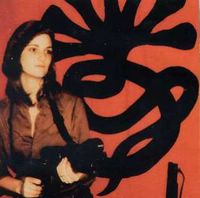

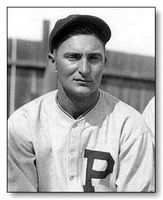

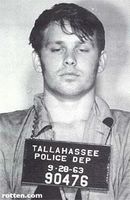
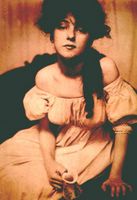







1 Comments:
This has absolutely nothing to do with Capote (I haven't seen it yet), but on the subject of the power of film, the media and television. I watched Good Night, and Good Luck last night and, while I enjoyed it, I found it more than a bit dry and didactic. I kept thinking, "The People vs Larry Flynt without the love story." While I admired it's message (the one about man's choice between using television for good or evil, not necessarily the one about witch hunts and mass hysteria), the juxtaposing of dramatic elements with archival footage was not handled with the finesse of, say, Oliver Stone in JFK. Beautiful photography, terrific performances, important subject. Still, a bit thin and clunky. What exactly was the point of the Robert Downey Jr./Patricia Clarkson subplot anyway?
Post a Comment
<< Home